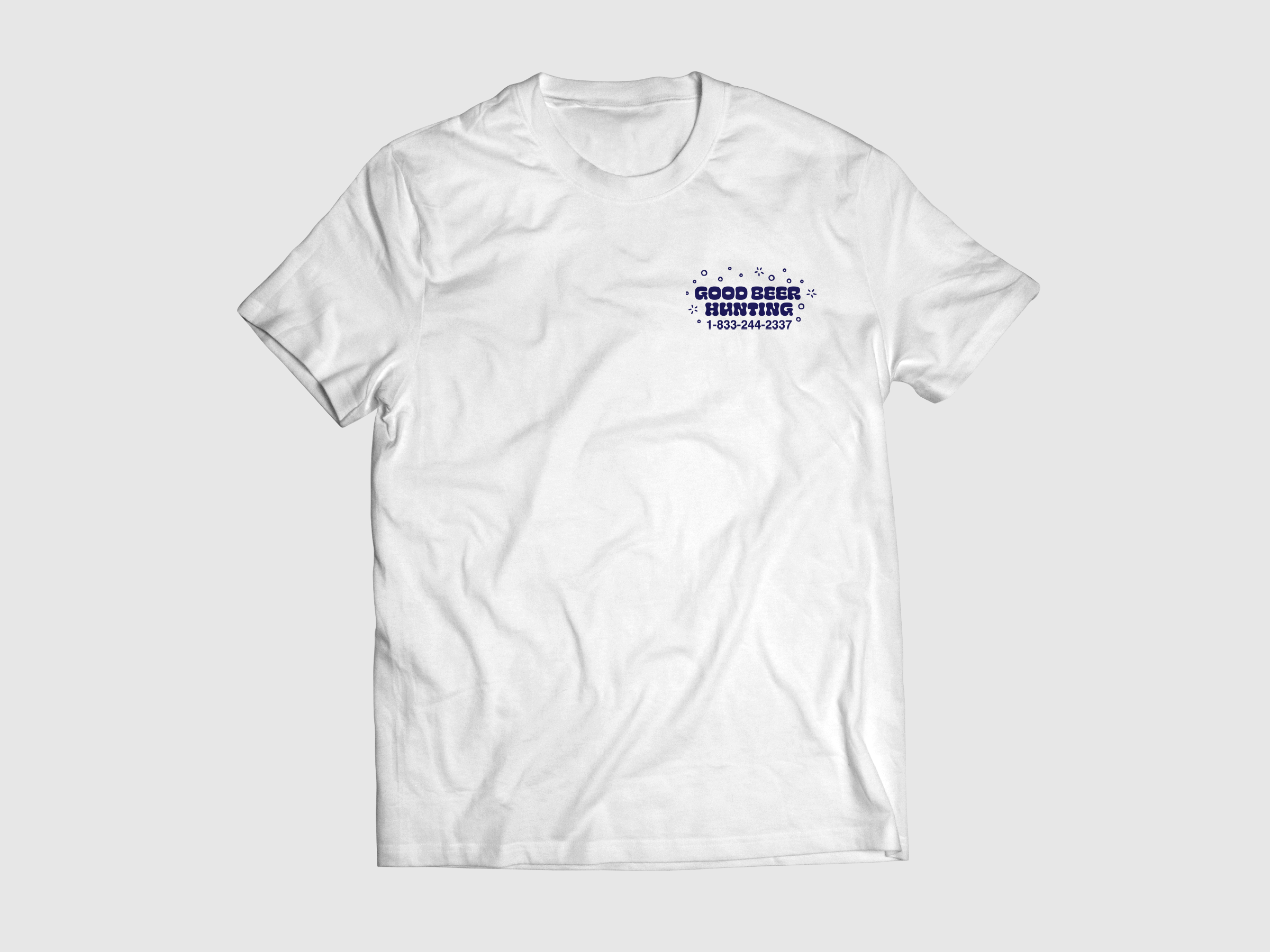Historically speaking, the beer industry has not been a great place for women and minorities. Sophomoric and offensive labels have drawn frequent headlines over the years, though there seems to be less of them as of late. In fact, some breweries are taking active steps to create a more inclusive environment. This week we asked the Fervent Few if they’ve noticed a change for the better. Have their local breweries created a place where everyone can feel welcome and comfortable? What have they seen on a national or even global scale?

Freddy Clark: “I've come across a good number of breweries that are working hard to be inclusive and even motivated to move the community beyond their taproom walls. I recently saw one doing a postcard event to make it simple for folks to engage their local and national representatives on topics like women's rights, gay rights, immigration, DACA, and plenty of others. When I see that, it makes me want to support that brewery all the more.
The Craft Beer Community is only a subset of the greater community and the more it participates the better. On the flip side, if a brewery wants to have names and labels that promote sexism (or insert other -isms here), it's their right to do so. It's also my right not to support them. They may ultimately close or find their audience. If the last year has proved anything, it's that there are many different ‘segments’ in the community.”

Kris Kazaks: “While taste and quality are my primary factors when choosing what to drink and what breweries to support, I do appreciate efforts to diversify the beer community, especially in regards to gender. Beer is such a male-dominated industry, so sometimes my purchasing decisions are influenced when I know I can support women-run businesses. For instance, Regan Long at Local Brewing here in SF is legit. Kim Jordan at New Belgium is a great role model, and don't forget the efforts of Pink Boots Society, too.
Sadly, I think we are much farther behind when it comes to inclusiveness in regards to race and economic status. I feel like it's still largely an industry for white people who are middle class and up—both in terms of the average consumer profile, as well as the industry participants. Maybe I'm wrong?”

Barnabas Schickling: “I've seen more people getting into beers locally. I'm happy to say we have a decent amount of women working in our industry locally that do a great job, from reps to local bartenders, to leadership in the distribution chain. What I would say concerning inclusion of minorities would be that is two-parted. I am always happy to see someone of a different ethnicity digging beer, but I also feel like white people have this odd inferiority complex where if there's something we think is cool or are super involved in and we see statistics that report low numbers of other groups as a part of it, we automatically say we aren't being inclusive enough, or any other host of reasons, when maybe it could be more that culturally something we value just isn't cool to other cultures as we want it to be. Like we can't be okay with people of other cultures being like, ‘Oh yeah, craft beer, that's cool. I drink vodka, man." But I will always strive to be welcoming no matter what.”

So what happens when a brewery does pull the trigger on naming something poorly? Do we avoid just that beer, or boycott the entire brewery? Or do we even care at all? If the liquid isn’t offensive, maybe bad labels don’t matter.

Johnny Swinehart: “Naming and designing a beer label isn’t a split-second decision, so when I see one I think the brewer is lazy. But not just in beer—in his life. It’s a clear sign of someone who has refused to evolve past his lazy misogyny because he is just a ‘guy being a guy,’ has never considered maybe someone might be offended by his idiotic beer name, and doesn’t understand why a woman wants to be treated as an equal.”

Oliver Catt: “If a brewer feels that the objectification and discrimination of underrepresented people is not only acceptable, but that it will appeal to their intended market, I wouldn't go anywhere near their product. In the UK, offensive beer marketing is generally synonymous with brown water beer anyway, so not to my taste to begin with. A forced apology/rebrand under mounting public pressure is not enough for me to give them a second chance. As Johnny pointed out, this wasn't a momentary lapse of judgement, it was a long and calculated marketing play—they haven't had a miraculous change of morality that just happened to coincide with them getting roasted online.
Beer, unfortunately, is a boy's game. Breweries that push their offensive agenda aren't doing anything to help that, though I imagine they're not so bothered about the issue of representation in modern beer.”

Caldwell Bishop: “I can't immediately think of any other than Flying Dog that I regularly see in stores here. I'm sure they think it's edgy and cool, but really it just seems childish and makes me wonder about their leadership. If they were to change their branding to actually be about dogs, I'd probably give their beers another chance.”

Thad Parsons: “Flying Dog is one brewery that I give a slight pass because of their history (the Gonzo association and Ralph Steadman's artwork) and their steadfast commitment to first amendment rights. While I may not agree with them, I understand their decisions. On the other hand, Fordham & Dominion has an entire ‘Pinup Series’ that always makes me shake my head.”

Kyle Andrus: “As far as making purchases, I generally try to avoid beers and breweries that use these practices because I don't want to support them and I don't want them to think they work. In this end of Canada, there are very few labels that I feel fit this description.”

Shannon Crawford: “Yes, racist/sexist labels disgust me. And I do boycott breweries who utilize them. Most of them make poorly brewed beer anyways.”

The Fervent Few has weighed in, but what do the readers of GBH think? Reach out on Twitter, Facebook, Instagram or support GBH by joining the Fervent Few. Your financial contribution will help us create exciting new content, and there’s tons of perks for members. Join us today.










